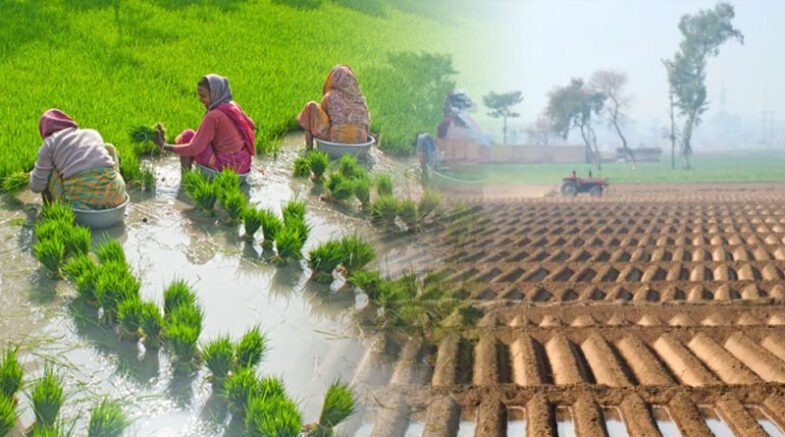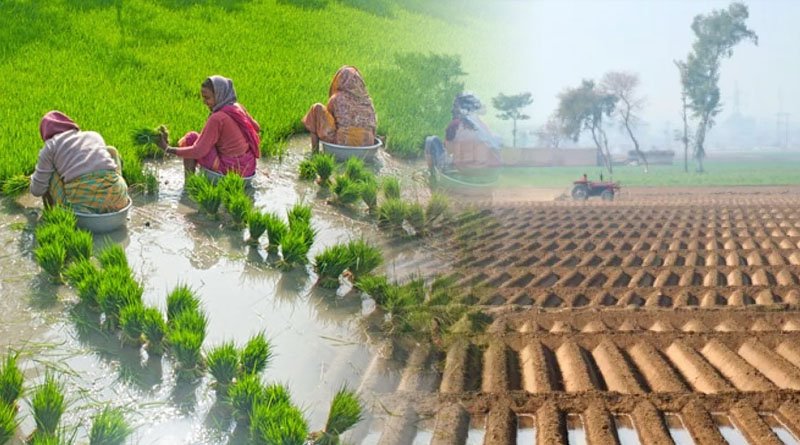According to FAO, at least $4 billion is urgently needed under 4R framework to facilitate the immediate recovery of the agriculture sector and lay the groundwork for long-term resilience.

The United Nations Food and Agriculture Organization (FAO) has assured Pakistan that it will continue to take the lead in transforming the country’s agriculture food systems to make them more efficient, inclusive, sustainable, and resilient. This is a pressing issue in light of the recent floods that devastated the country’s agriculture sector.
“The FAO will require massive and sustained investments in climate change adaptation and resilience in Pakistan, particularly in the agriculture food systems, as this is critical to ensuring better production, better nutrition, a better environment, and a better life for all—the “4 Betters” that are at the heart of the FAO Strategic Framework for the next decade,” said FAO Director-General Qu Dongyu while speaking at the International Conference on Climate Change.
According to the FAO Director-General, the organisation has also been leading preparations for the agriculture, fisheries, and livestock sections of the Post-Disaster Needs Assessment (PDNA) and has contributed to the development of the livelihood component of the United Nations’ Resilient Recovery, Rehabilitation, and Reconstruction Framework (4RF).
According to FAO, at least $4 billion is urgently needed under the 4R framework to facilitate the immediate recovery of the agriculture sector and lay the groundwork for long-term resilience.
Floods damaged an estimated 4.4 million acres of farmland—enough to grow crops for 14.6 million people—and killed over 800,000 animals.
The agriculture sector suffered losses totaling more than $9 billion. Furthermore, the crop sub-sector absorbed more than 80% of such losses, implying that food production will be jeopardised in the near future unless substantial support is provided.
To date, the FAO has raised more than $25 million and distributed seeds and fertiliser to over 600,000 affected people. Furthermore, livestock vaccination campaigns in Balochistan have been completed, and the campaign in Sindh is nearing completion, while livestock feed distribution will begin soon.
The FAO’s role in Pakistan includes technical leadership for the Green Climate Fund-funded Transforming Indus Basin Initiative.
This programme will benefit approximately 1.3 million people in vulnerable areas of the Indus River basin by increasing yields and returns on production by 30 to 80 percent. According to Dongyu, the programme will benefit approximately 16 million people, either directly or indirectly.
The project will help shift Pakistan and its Indus Basin agriculture from the current situation of high vulnerability toward an alternative paradigm in which better information, water management, and farming practices will significantly increase resilience to climate change.
